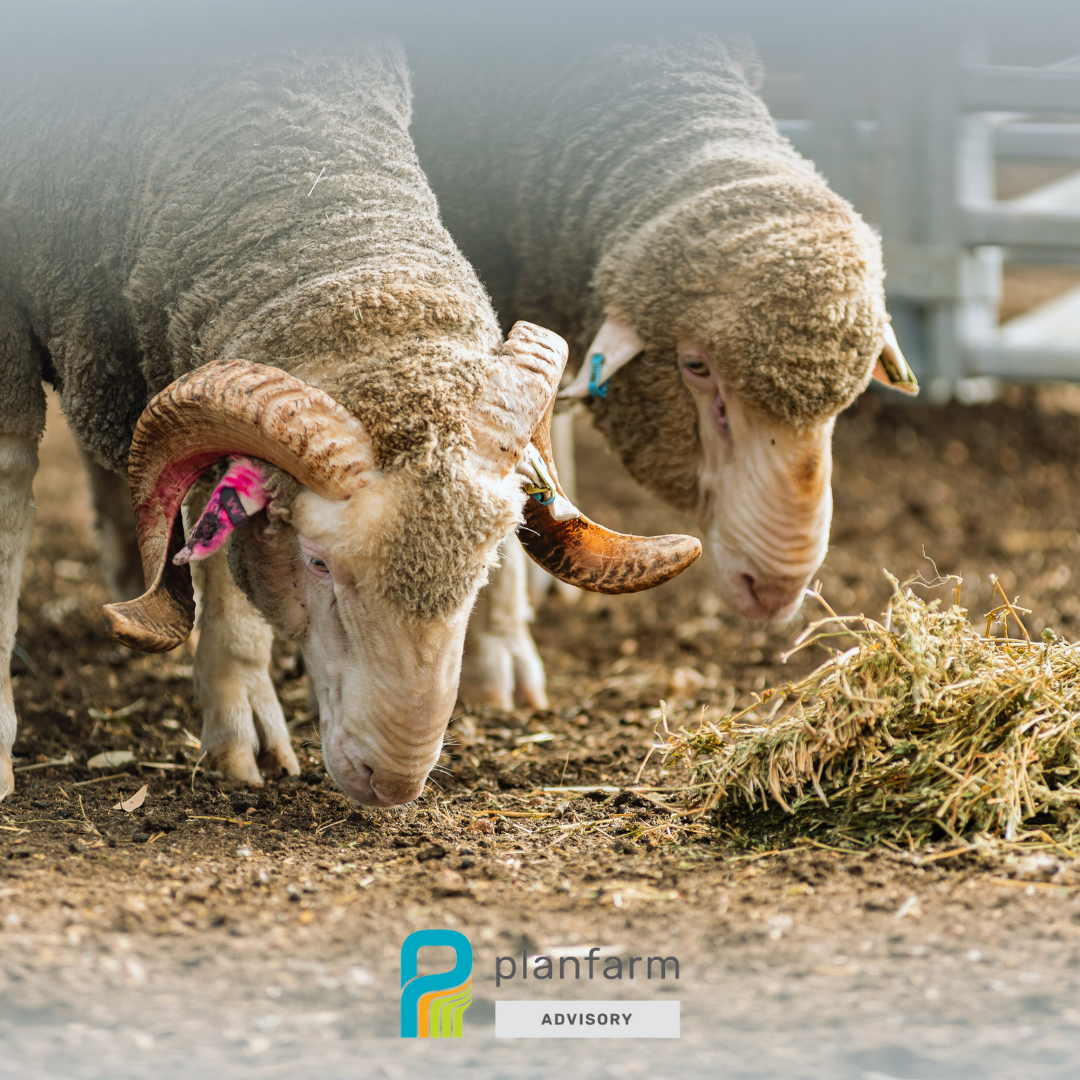When taking stock of the 2022 season, it was a season that brought with it a roller coaster of emotions for many producers and brought with it a need for farmers to be nimble yet decisive to manage the season that was presented. Although no frost damage of significance was observed across most of the state, for many farmers, the late spring rains brought challenges across the entire state, some not commonly faced by the historically lower rainfall areas.
Victorian Mallee:
In an area known to be some of Victoria’s most marginal cropping country, for the vast majority of Mallee farmers, the harvest results were exceptional if the right combination of agronomy, management and a touch of luck was received. Late-season hail across a pocket of the Mallee and the lower-lying country was affected heavily by the high amount of late-spring rain, leading to crop losses in most cases. Where they didn’t get washed out, lentils were the star of the show in 2022, closely followed by canola and cereals, with most producers recording the biggest harvest in their history. Exceptionally strong operating efficiencies below 40% and strong ROE & ROC were observed in these areas, which highlights the mega year 2022 has been for some operators in the north of Victoria and will provide significant capacity to cover those ever-present ‘below the line expenses of finance (lease & Interest), machinery repayments, living costs and of course, build a strong residual profit for their businesses off the back of the 2022 year of effort.
Victorian Wimmera:
For Wimmera farmers, the year was likened to the bag of mixed lollies at the local sporting canteen, with a large contrast across the area. Most farmers battled all spring with server disease pressure for most of the season, especially in the Faba Bean and some cereal crops. Double the normal fungicide applications were largely applied across most cropping programs to try and control disease outbreaks which were fueled by the continuous wet conditions. Yet, in most cases, the damage caused was still severe. Although canola stands themselves handled the wet okay, the lodging of vast areas of the crop and inability for many to windrow (swarth) the crop due to impassable paddocks meant crop losses were observed from both pod fall and just not being able to get the grain up off the ground and into the bin, resulting in a missed opportunity completely outside producer’s control. With this in mind, yields were still respectable for most outside of Faba bean crops, but it was not the year many predicted it could be at the start of the spring. Operating efficiency suffered because of reduced yields and a heavily fed cropping program. A general feeling across the area was that it was a break-even season for most.
Victorian Western districts:
The 2022 harvest washup was challenging for many in Victoria’s premier high rainfall cropping area that only saw isolated pockets have an exceptional year, with most experiencing some of the worst results in recent memory. With the promising spring conditions, many elected to supplement the cropping program heavily with late urea applications in the hope of capitalising on the seasonal forecast. However, the relentless rain led to wheat, barley and beans being largely poor in quality and tonnage as they couldn’t handle the wet conditions. The year again showcased the value that raised beds, and a history of gypsum applications bring in wet seasons for growers who have invested in this over the years, faring much better than those who haven’t. This does pose the question, is the risk now too great given the investment into a cropping program not to be investing in these things to deal with the high rainfall seasons? The sentiment for many is to accept the results of the 2022 season, take any learnings they can from that season, and refocus on executing the cropping program as the 2023 year gets underway.
Looking ahead into 2023:
The elephant in the room heading into 2023 is the looming difference the changed interest rate market has on business’ bottom lines, as variable rates have effectively doubled and then some in the past 12 months. Most producers in Victoria who have expanded in recent years are carrying significant debt primarily because of land acquisitions, with most on variable rates now paying between 5.25% – 6.50% on term lending and 5.5% – 7.5% on new equipment finance contracts. It’s more important than ever that producers understand the position of their business, to fully understand their strengths, weakness and borrowing power before walking into the next bank review and to know as well if the rates they are paying are aligned to both the market and warrant the risk they may pose to their bank. Critically questioning the aggressiveness of land purchasing in this market and at the current land prices, which come with a significant ownership cost, again needs to be fully understood before proceeding. This can only be done if you know how the existing business is truly tracking!
Producers should also be looking critically into if and where they can enhance their income while controlling the operational expenses needed to grow that same income stream in the business. With the Autumn break already here and seeding ramping up across the state, it’s setting farmers up well if they can get the crops in the sowing window to establish them before winter arrives in the months ahead. We here at planfarm advisory are excited to work closely with our clients to work through the challenges that all farmers face in the coming seasons and ensure they are well prepared to act decisively, potentially allowing them to capitalise on opportunities that will inevitably come their way.
Daniel Toohey
Farm Business Advisor
Ballarat, Victoria.

